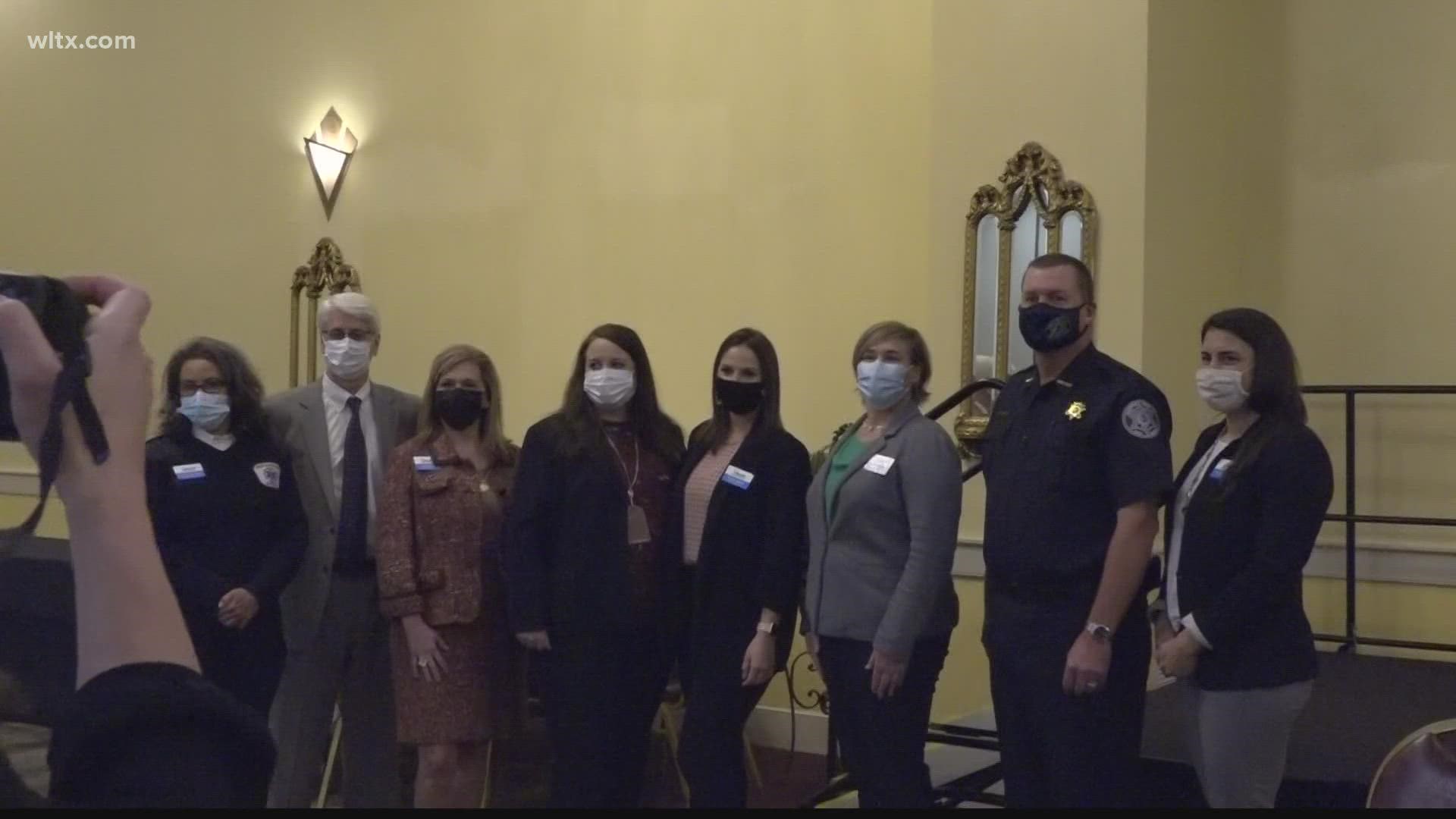LEXINGTON, S.C. — For Lexington County, Monday marked a shift in approaching the healthiness of the mind.
They're calling it Uplift Lexington county.
"Mental health cases have risen significantly. The calls have increased, mobile crisis unit response has increased, ED visits have increased, so these we recognize are putting more pressure on the first responders and healthcare workers," said Macey Silano, project manager at Uplift Lexington county.
Instead of running frontline workers ragged, Uplift wants to focus on pooling resources from counselors, psychiatric professionals and others in the community.
This is so that they can de-escalate situations sooner and push toward proactive care.
"So instead of waiting for the person to be in crisis and EMS is on scene or mobile crisis is on scene, we will then be following up later and going out and then trying to engage that person in treatment so that longer term, they don't need as many emergency services and ultimately improves their quality of life," said Sarah Main, Lexington County community mental health center executive director.
Before, emergency room providers would recommend a mental health resource to a patient and the patient wouldn't follow up.
Organizers tell me they've already gotten started with their $980,000 in grant money over the course of the next 3 years.
They're pushing out surveys to first responders, they're creating a resource guide of places to get help, they've embedded a mental health professional into the sheriff's office and into Lexington EMS.
"One of the things that's hoped for is that the different partners see so much value because the grant started it, that they're really willing to put in some of their own resources to keep it going," said Abraham Wandersman, president of Wandersman Center.
From this point forward, the group is planning to have quarterly meetings to go over what's doing well, what isn't and new approaches to solutions.
The group will also update the resource guide quarterly.

